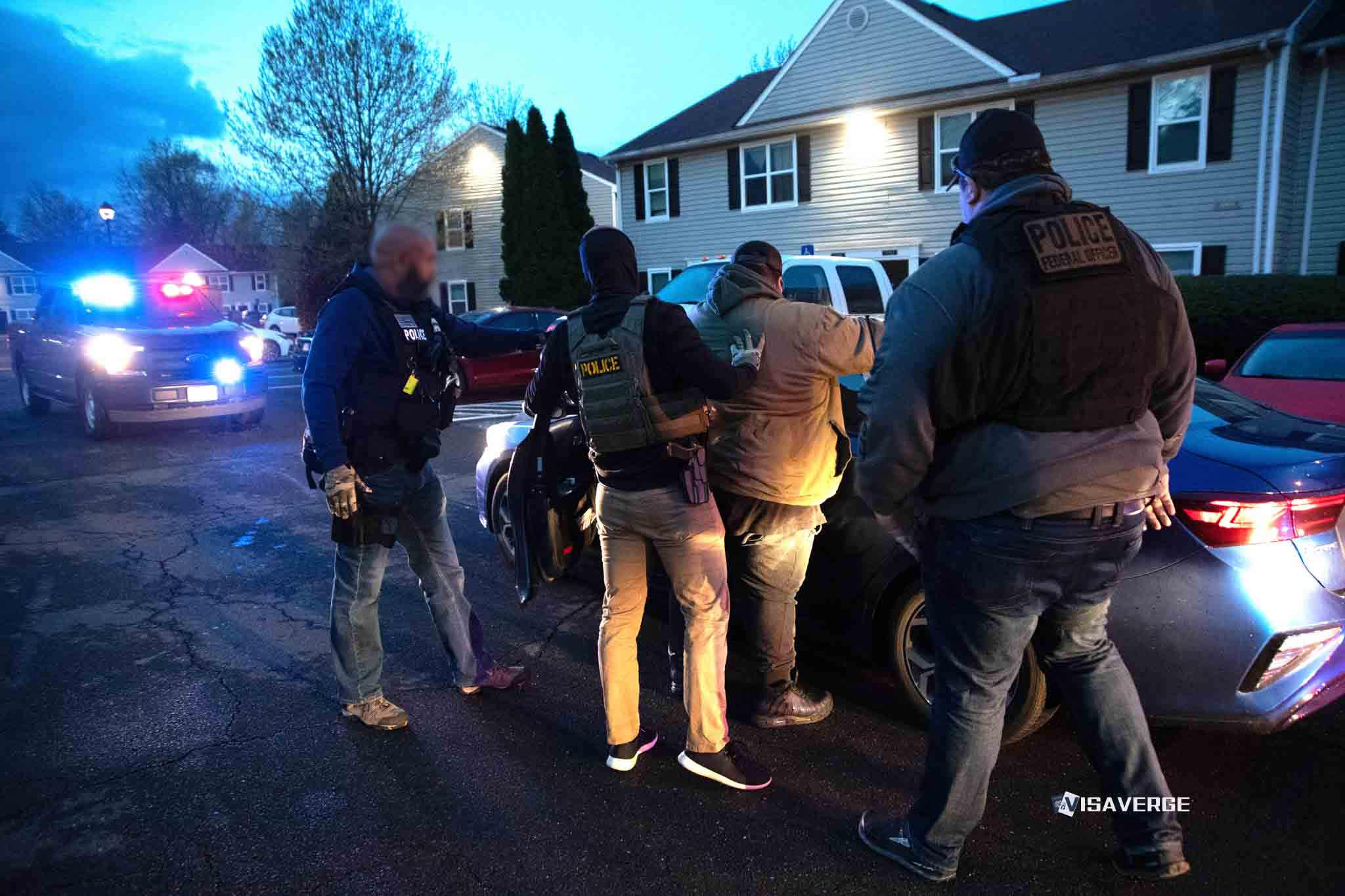Attorneys are pressing for the release of Alma Bella Bowman, a 58-year-old Filipina‑American activist detained by ICE after a routine check‑in in Atlanta on March 26, 2025. She is held at Stewart Detention Center, and her legal team says the detention is unlawful and retaliatory.
Bowman’s lawyers argue she’s a U.S. citizen through her father, who was a U.S. Navy servicemember at her birth in the Philippines. ICE disputes her claim and continues to hold her while a federal court considers her habeas corpus petition.

What’s happening now
- On August 1, 2025, Bowman filed a petition for a writ of habeas corpus in the U.S. District Court for the Middle District of Georgia, asking the judge to order her immediate release.
- On August 7, 2025, advocacy groups and media outlets amplified her case, highlighting her long record of speaking up for immigrant women and her contention of citizenship.
Detention location and legal status
- Detention site: Stewart Detention Center in Lumpkin, Georgia — a remote facility with a large ICE population.
- Current case posture: Habeas petition pending; attorneys say ICE cannot hold someone with a credible claim to U.S. citizenship.
- ICE’s position: ICE contests Bowman’s citizenship claim and cites its authority to detain while it investigates status and identity.
- Advocacy activity: Bowman remains vocal from detention, supporting the Equal Citizenship for Children Act and assisting other women in custody.
How she was detained
Bowman reported for her annual ICE check‑in at the Atlanta Field Office as required under her order of supervision. Her lawyers say officers separated her from counsel under the pretense of fingerprinting. She was then taken into custody and later transferred to Stewart Detention Center.
Her legal team includes Asian Americans Advancing Justice–Atlanta and the Center for Constitutional Rights.
Bowman’s own words
“We shouldn’t have to be separated from our families. We need to be treated equally. Family separation is terrible. And to me, it seems like it’s ICE’s main goal.”
Bowman said this from detention. Her children, friends, and supporters have joined her check‑ins for years and now rally for her release.
Why her citizenship claim matters
- Under U.S. law, ICE cannot detain a U.S. citizen.
- Bowman’s attorneys assert records show her father served in the U.S. Navy when she was born in the Philippines, which they argue conferred citizenship under the law at that time.
- If she’s a citizen, immigration detention should end immediately.
- The case underscores a broader issue: people with strong citizenship claims can still be detained for months while they fight to prove what the government should verify first.
Past detention and whistleblowing
- From 2017 to 2020, Bowman was detained at Irwin County Detention Center.
- During that period, she helped expose reports of non‑consensual gynecological procedures on immigrant women, fueling investigations and public outcry.
- She was released in December 2020 on supervision.
- Advocates say her March 2025 arrest looks like retaliation for her whistleblowing and continued organizing for detained women.
DHS and ICE responses
- The Department of Homeland Security has issued statements defending conditions and practices at Georgia detention centers but has not directly addressed Bowman’s case.
- ICE says it follows law and policy in custody decisions.
- Critics argue official statements don’t match reports from detained people and lawyers on the ground.
Key legal steps to watch
- The habeas corpus petition: A court request arguing her detention violates the Constitution and federal law. If the judge agrees, they can order ICE to release her.
- Citizenship evidence: Documents about her father’s Navy service, Bowman’s birth records, and the statutory law in effect at her birth will be central.
- Agency review: ICE can and should run a prompt citizenship review. Delays can keep people in custody even when the evidence is strong.
Why Stewart Detention Center matters
- Stewart is one of the country’s largest ICE facilities.
- Its remote location makes it harder for families and attorneys to visit.
- Advocates have raised concerns about access to legal counsel and medical care there.
- For Bowman, the distance adds stress to an already difficult fight over legal status.
Community impact
Her detention affects immigrant families in Georgia who now fear check‑ins could lead to arrest, even after years of compliance. Lawyers warn that detaining people who claim citizenship may discourage others from reporting abuse.
As reported by VisaVerge.com, similar cases have prompted courts to scrutinize ICE practices when status questions remain unresolved.
What families and supporters can do
- Track the court docket: ask her legal team for updates on hearing dates and filings.
- Keep documentation ready:
- birth records
- parents’ citizenship and service records
- prior immigration documents
- Attend check‑ins with counsel where possible and carry copies of key records.
- Record interactions: keep notes about who you spoke with and what was said during any ICE contact.
How habeas works in plain terms
“Habeas corpus” is a legal tool that lets a person ask a judge to review why the government is holding them. If the judge finds the detention illegal, they can order release.
- Habeas focuses on the lawfulness of detention itself, not on deportation proceedings.
- Because Bowman claims she is a U.S. citizen and that ICE acted unlawfully, a federal judge — not an immigration court — will decide this petition.
Possible outcomes
- Immediate release: The judge could order ICE to free Bowman while status questions are resolved.
- Bond or parole: ICE could release her on its own authority pending further review.
- Continued custody: If the judge denies relief and ICE maintains its position, she could remain detained while the status dispute continues.
Policy stakes
- For citizenship claimants: The case could push ICE to tighten and speed up citizenship checks before detention.
- Whistleblower protections: A finding of retaliation could deter targeting of activists in the future.
- Family separation concerns: Bowman’s comments echo fears that check‑ins pose risks rather than pathways to stability.
Official resources
If you or a loved one has a citizenship claim, review government guidance on proving U.S. citizenship claims in the immigration process. Official information on ICE custody processes and detainee rights is available via the Department of Homeland Security site, including the ICE contact and detainee information pages.
Next steps for readers
- Bring a lawyer to ICE check‑ins when possible and carry originals and copies of key documents.
- If you believe you’re a U.S. citizen through a parent, consult a qualified attorney to review your case and collect proof.
- Stay informed on court dates and maintain contact with advocacy groups supporting detained people in Georgia.
As Bowman awaits a decision, her case continues to shape the debate over who ICE detains, how long they remain in custody, and under what proof. For families in Georgia and beyond, the stakes are personal—and immediate.
This Article in a Nutshell













